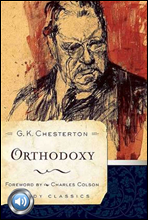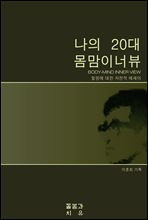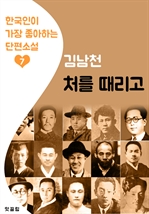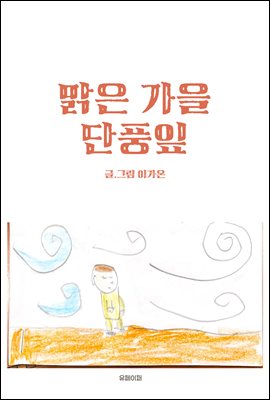
정통 (Orthodoxy) 들으면서 읽는 영어 명작 423
- 저자
- GK 체스터 (G. K. Chesterton) 저
- 출판사
- 유페이퍼
- 출판일
- 2016-10-13
- 등록일
- 2017-06-07
- 파일포맷
- EPUB
- 파일크기
- 934KB
- 공급사
- YES24
- 지원기기
- PC PHONE TABLET 웹뷰어 프로그램 수동설치 뷰어프로그램 설치 안내
책소개
--------- 오디북 북 + 이북이 / 하나로 = 입체전자책 ----------- - 전자책과 오디오북이 하나로 합쳐진 입체전자책 - 영어 학습을 위한 최고의 입체 전자책입니다. - 읽으면서 한 번의 클릭으로 동시에 듣습니다. (크롬 환경 최적격) - 주제(Chapter) 마다 한 번의 클릭으로 편리하게 들을 수 있습니다. - 핸드폰도 편리하며 CD가 필요 없습니다. - 추천작이며 엄선된 작품입니다. - ★ 보이스 전체를 다운로드 받아서 편리하게 들을 수 있습니다 ★ - 2가지 목소리 버전을 다운 받을 수 있음 ------------- Audio book + e book = solid book -------------- ★ 부록에 『영어 글쓰기 기본 (The Elements of Style)』첨부. 100년 가까운 세월 동안 미국에서 가장 많이 팔린 글쓰기 책이며, 2011년에 타임지가 선정한 1923년 이후 영어로 발행된 가장 영향력 있는 100대 도서 중 하나. -------------- 종교에서 정통주의를 말한다. 영어 공부를 하는 독자들에게 권하는 책이 아니다. 복합적으로 종교와 영어를 같이 이해는 독자 분들에게 권하는 책이다. 이 속에는 많은 내용이 있다. Orthodoxy (1908) is a book by G. K. Chesterton that has become a classic of Christian apologetics. Chesterton considered this book a companion to his other work, Heretics, writing it expressly in response to G.S. Street's criticism of the earlier work, "that he was not going to bother about his theology until I had really stated mine".[1] In the book's preface Chesterton states the purpose is to "attempt an explanation, not of whether the Christian faith can be believed, but of how he personally has come to believe it." In it, Chesterton presents an original view of Christian religion. He sees it as the answer to natural human needs, the "answer to a riddle" in his own words, and not simply as an arbitrary truth received from somewhere outside the boundaries of human experience. The book was written when Chesterton was an Anglican. He converted to Catholicism 14 years later. Chesterton chose the title, Orthodoxy, to focus instead on the plainness of the Apostles' Creed, though he admitted the general sound of the title was "a thinnish sort of thing".[1]





